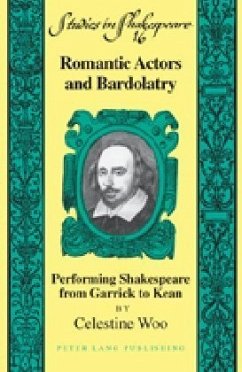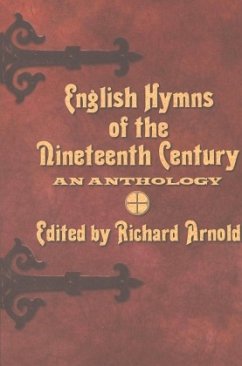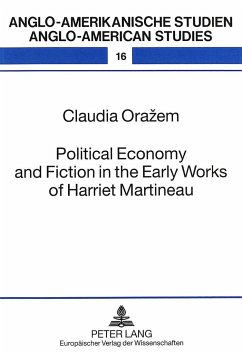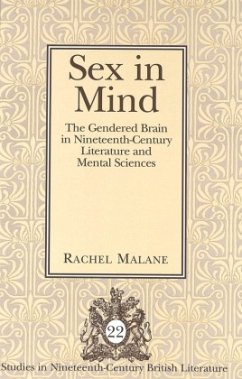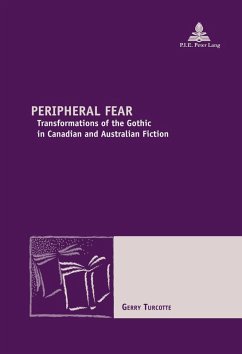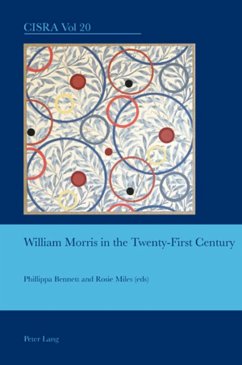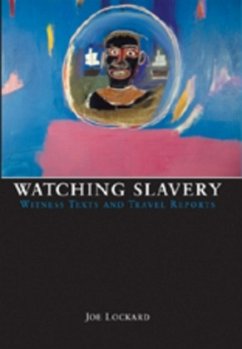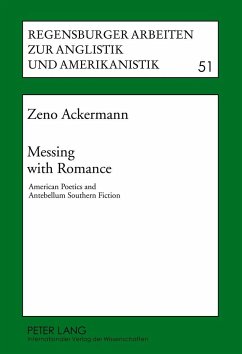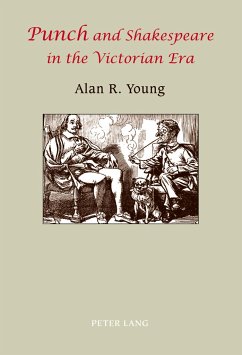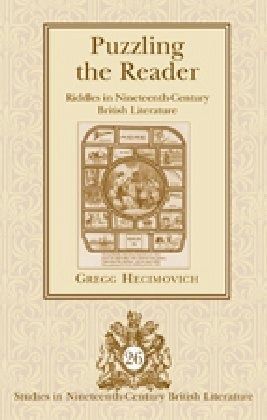
Puzzling the Reader
Riddles in Nineteenth-Century British Literature
Versandkostenfrei!
Versandfertig in 6-10 Tagen
64,95 €
inkl. MwSt.

PAYBACK Punkte
0 °P sammeln!
Puzzling the Reader establishes the place of charms and riddles in nineteenth-century British literature by exploring the literary and political work riddles performed at cultural thresholds: courtship, initiation, death rituals, moments of greeting, and intercultural relations. Furthermore, Puzzling the Reader investigates the new narrative genre that riddles uncover by transforming traditional narrative techniques. Far from disappearing from view, the oral tradition of the riddles rises into view alongside the literary narratives of William Blake, John Keats, and Charles Dickens. The folk tr...
Puzzling the Reader establishes the place of charms and riddles in nineteenth-century British literature by exploring the literary and political work riddles performed at cultural thresholds: courtship, initiation, death rituals, moments of greeting, and intercultural relations. Furthermore, Puzzling the Reader investigates the new narrative genre that riddles uncover by transforming traditional narrative techniques. Far from disappearing from view, the oral tradition of the riddles rises into view alongside the literary narratives of William Blake, John Keats, and Charles Dickens. The folk tradition of the riddle is imported into print media and reaches its zenith in the nineteenth century. Through analyses of riddles in weekly literature and satire magazines, parlor game books, and popular collected riddles, such as Queen Victoria's "Windsor Enigma", this volume examines the literary and political roles riddles play as they migrate into mass print culture. Three crucial texts illustrate this argument: Blake's "Jerusalem", Keats's "The Eve of St. Agnes", and Dickens's Our Mutual Friend . Each is a work of formal experimentation and each typifies the full range of word play in the period. From Blake to Keats to Dickens, nineteenth-century British literature charts a "history" of the literary riddle.






